Bifurcation, or the splitting of a main body into two parts, is the commercial real estate buzzword this year. It refers to the fact that there are two markets for each property type. The trophy, or well-located class A properties....and everything else. It seems that yield hungry investors are finding value in commercial real estate, but they aren't ready to take a flyer on anything but the best properties.
Much of the interest in these trophy properties is being fed by the low interest rate environment, and the lender's willingness to lend. The transactions continue to be concentrated in the central business districts of major cities, and suburban properties continue to languish. There is little interest in suburban properties given their high vacancy rates and weak rents.
As was recently reported in the Wall Street Journal, owners of big-name office buildings are rushing to put them up for sale while prices are surging. A general partner in a Washington D.C. building said "Who knows what the market will be like in a year or so?" That is telling. When the "smart money" in commercial real estate wants to get out while the getting is good, and has no idea if the good times will continue to roll, it is time for caution.
The office building sales volume is still well below the peak in 2007. Some predict that the 2010 sale volume will remain less than 50% of the peak volume. The recent run-up in prices has some scaling back on acquisition plans. However, some owners remain optimistic enough to sell partial ownership interests to cash in on the surge, while holding onto partial ownership in the hope that values will keep on surging.




